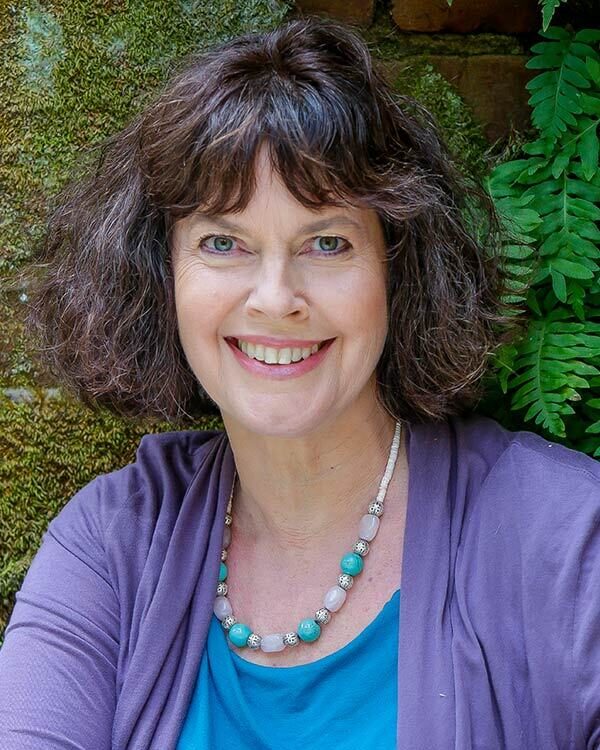Here are just a few of the reasons that grounding your attention in your body is vital to the practice of awakening:
Your body is always right here, right now. This transient, mysterious body anchors you in the beauty or sorrow of each unfolding moment: the smell of pinon logs blazing in a wood stove, your grandmother's frail hand in yours as you say goodbye. And it's only when you're present for these moments that it's possible to be intimate with your life.
Your physical body is inextricably connected with your breath, your heart, and your mind. So when you ground your practice in your body, you enhance your ability to investigate other aspects of your experience through your meditative attention—your energy, your emotions, your thoughts, your relationships—not as abstract ideas but as felt experiences. The breath is commonly used as a focal point for meditation. Feeling your breath from the inside as a sensuous, full-body experience is very different from—and for many people more compelling than—mentally focusing on it as if watching it from the outside.
Your body sensations can be a focal point around which to gather and unify a scattered mind. In the Satipaṭṭhāna Sutta, the classic teaching on the Four Foundations of Mindfulness, the Buddha instructed his monks and nuns to know their bodies "up from the soles of their feet and down from the top of the hair." As you learn to focus your attention this way in some specific aspect of your direct experience of your body, you are cultivating the art of what's known in Pali as samatha. Samatha is frequently translated as "concentration," but in English, that word brings the unfortunate connotation of mental strain. What I'm talking about is concentration in the sense that an extract of vanilla is a concentrated flavor, undiluted. Rather than your attention being dispersed, it is gathered together and unified, and like the flavor of vanilla extract, it becomes more powerful. When focused in the body, this kind of concentration is not a mental effort but an intensification of a felt sense of presence. In meditation, concentration works hand in hand with mindfulness.
Your body reveals that everything rises and passes away. As you settle your attention in your body, an important truth becomes obvious: it's always changing. Each time you come to your yoga mat or meditation cushion, you're inhabiting a slightly different body: tighter or looser, lighter or heavier, sleepier or more energetic. And as your attention becomes more refined, what you thought was solid—a foot, a hip, a hand—reveals itself as an evanescent flow of sensations that you can influence but not control.
Arriving in Your Body Practice (3-5 minutes)
This is a great way to begin any practice session. Sit, stand, or lie down in a comfortable position that you can sustain for several minutes without squirming or shifting. Let your eyes close. Then extend an invitation to come home to your body.
First of all, notice: Where in your body are you living right now? If your body were a house, would you be up in the attic of your head, perhaps pressed up against the window of your eyes, straining to look out? Are you huddled around pain or injury in some cramped corner? Melt your attention down out of your head and throughout your body as if draining your brain. Along the way, sense and soften around any obvious areas that might be holding pain or tension: the muscles around the eyes, the hinge of your jaw, the root of your tongue, your belly, and your pelvic floor. Relax any gripping that pulls your body away from the support of the earth. Notice whether your breath changes as you take up residence lower and lower in your body.
If it helps you descend, place one hand on your heart and the other on your belly and let the contact of your hands magnetize your attention. Can you feel your way all the way into your pelvic floor? How about the soles of your feet?
How is your body feeling today? Sluggish? Buzzing with energy? Bloated? Tingling with pleasure? Are there areas that seem lit up in your attention because they feel so good or because they hurt? What rooms in your body do you have easy access to? What rooms are locked?
Don't worry if whole sectors seem cordoned off from your explorations. Right now, you're just doing a preliminary survey of your inner territory. You'll have plenty of time to take up residence as your practice unfolds.
Adapted from Moving into Meditation, by Anne Cushman, © 2014 by Anne Cushman. Reprinted by permission of the author.
